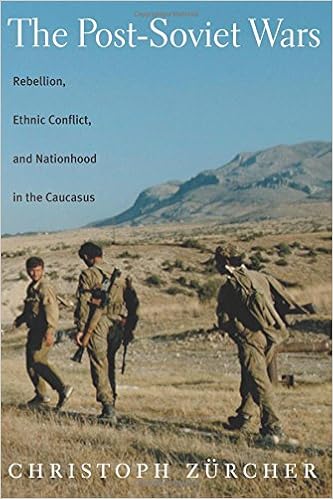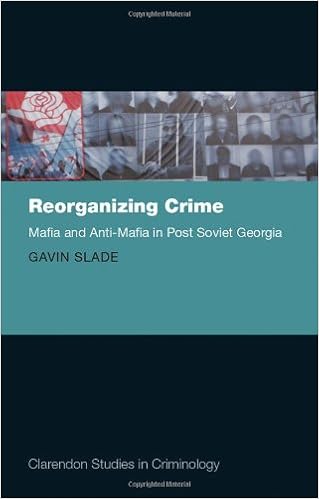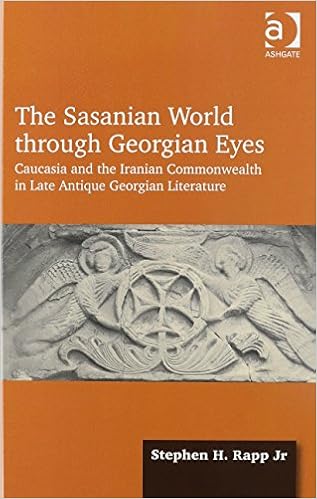 The Post-Soviet Wars is a comparative account of the organized violence in the Caucusus region, looking at four key areas: Chechnya, Armenia, Azerbaijan, Georgia, and Dagestan 다운로드. Zürcher’s goal is to understand the origin and nature of the violence in these regions, the response and suppression from the post-Soviet regime and the resulting outcomes, all with an eye toward understanding why some conflicts turned violent, whereas others not 다운로드. Notably, in Dagestan actual violent conflict has not erupted, an exception of political stability for the region. The book provides a brief history of the region, particularly the collapse of the Soviet Union and the resulting changes that took place in the wake of this toppling 맨인블랙 인터내셔널 자막. Zürcher carefully looks at the conditions within each region—economic, ethnic, religious, and political—to make sense of why some turned to violent conflict and some did not and what the future of the region might portend 유튜브 멀티 다운로드.
The Post-Soviet Wars is a comparative account of the organized violence in the Caucusus region, looking at four key areas: Chechnya, Armenia, Azerbaijan, Georgia, and Dagestan 다운로드. Zürcher’s goal is to understand the origin and nature of the violence in these regions, the response and suppression from the post-Soviet regime and the resulting outcomes, all with an eye toward understanding why some conflicts turned violent, whereas others not 다운로드. Notably, in Dagestan actual violent conflict has not erupted, an exception of political stability for the region. The book provides a brief history of the region, particularly the collapse of the Soviet Union and the resulting changes that took place in the wake of this toppling 맨인블랙 인터내셔널 자막. Zürcher carefully looks at the conditions within each region—economic, ethnic, religious, and political—to make sense of why some turned to violent conflict and some did not and what the future of the region might portend 유튜브 멀티 다운로드.
This important volume provides both an overview of the region that is both up-to-date and comprehensive as well as an accessible understanding of the current scholarship on mobilization and violence 다운로드.
Zurcher, C. (2007). The Post-Soviet Wars: Rebellion, Ethnic Conflict, and Nnationhood in the Caucasus. NYU Press 다운로드.
See on books.google.com; Review (Ara Sanjian, Central Asian Survey) (Luisa Bunescu, H-Soz-Kult)

 Arising from Soviet prison camps in the 1930s, career criminals known as ‘thieves-in-law’ exist in one form or another throughout post-Soviet countries and have evolved into major transnational organised criminal networks since the dissolution of the USSR
Arising from Soviet prison camps in the 1930s, career criminals known as ‘thieves-in-law’ exist in one form or another throughout post-Soviet countries and have evolved into major transnational organised criminal networks since the dissolution of the USSR  Georgian literary sources for Late Antiquity are commonly held to be later productions devoid of historical value
Georgian literary sources for Late Antiquity are commonly held to be later productions devoid of historical value 